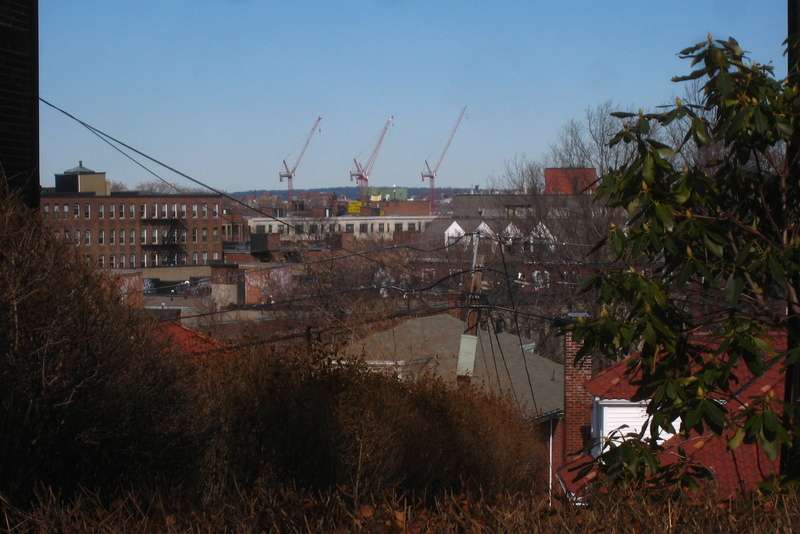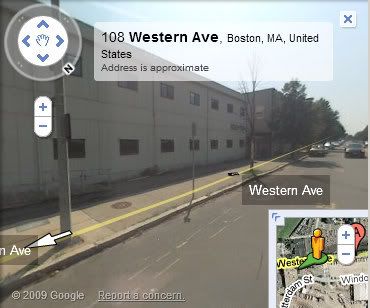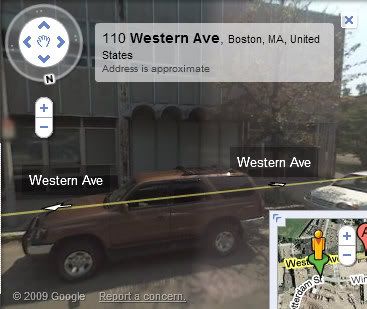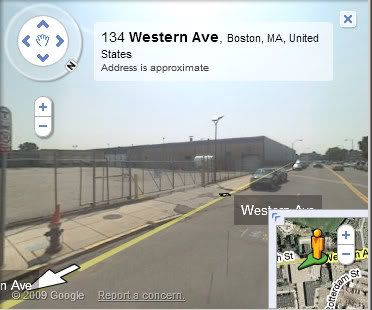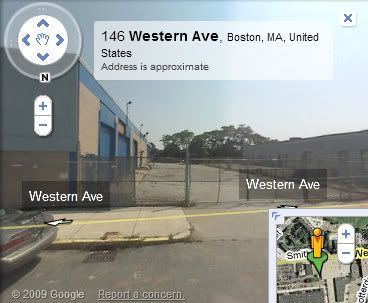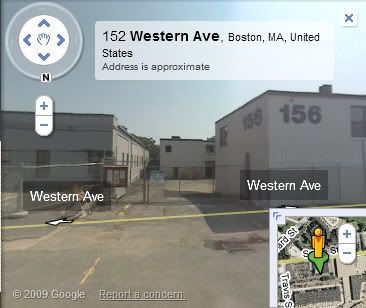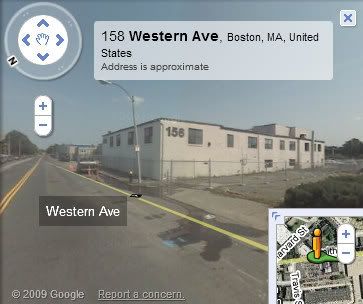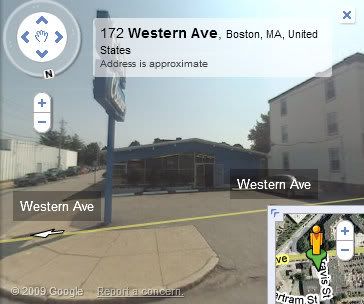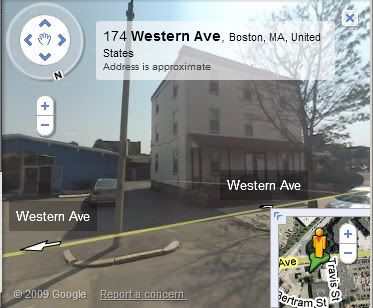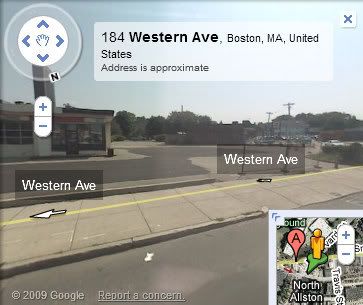stellarfun
Senior Member
- Joined
- Dec 28, 2006
- Messages
- 5,676
- Reaction score
- 1,480
Harvard will halt construction of the Science Complex once it gets to grade, and the halt looks to last perhaps upwards of five or more years.
No information on whether Harvard and Charlesview will also delay construction of the replacement for the Charlesview apartments. From a cost-benefit standpoint, spending a large amount of money repairing the existing units to last another five or ten years might not be a wise investment.
No information either on any delay in reconstructing and expanding the Fogg Art Museum complex in Cambridge, nor on the planned $1 billion, multi-year renovation of the undergraduate residential houses in Cambridge.
I am guessing that Harvard would continue to acquire property on the north side of Western Ave. contiguous to what it currently owns, and almost surely would buy the WBZ studios on Soldiers Field Road if CBS would sell, and then lease it back.
Other than Charlesview, I don't see any new Harvard buildings appearing in Allston until 2016-2018 at the earliest. The exception might be the Business School, which has its own endowment kitty and resource stream, and might proceed to construct a building or two. (The other schools slated to move to Allston are the School of Public Health from Longwood, and the Graduate School of Education from Cambridge.)
http://harvardmagazine.com/breaking-news/harvard-to-slow-pace-of-construction-in-allston
No information on whether Harvard and Charlesview will also delay construction of the replacement for the Charlesview apartments. From a cost-benefit standpoint, spending a large amount of money repairing the existing units to last another five or ten years might not be a wise investment.
No information either on any delay in reconstructing and expanding the Fogg Art Museum complex in Cambridge, nor on the planned $1 billion, multi-year renovation of the undergraduate residential houses in Cambridge.
I am guessing that Harvard would continue to acquire property on the north side of Western Ave. contiguous to what it currently owns, and almost surely would buy the WBZ studios on Soldiers Field Road if CBS would sell, and then lease it back.
Other than Charlesview, I don't see any new Harvard buildings appearing in Allston until 2016-2018 at the earliest. The exception might be the Business School, which has its own endowment kitty and resource stream, and might proceed to construct a building or two. (The other schools slated to move to Allston are the School of Public Health from Longwood, and the Graduate School of Education from Cambridge.)
Harvard will slow the pace of construction on its new Allston campus, President Drew Faust announced today.
Construction crews already at work on the first science building there will complete the foundation and installation of below-ground structural beams, tasks that were supposed to take up most of 2009 and are continuing on pace. But Harvard will hold back on procuring materials for anything above ground, Christopher M. Gordon, chief operating officer of the Allston Development Group, said in a conference call with journalists this afternoon.
Meanwhile, the University will conduct a thorough review of the project?s overall scope and pace. The options, Faust said in her statement, include proceeding as originally planned (if economic conditions improve rapidly); reconfiguring the building ?in ways that yield either new cost savings or new space realization?; and pausing construction completely.
The building has thus far been discussed in large, round numbers?1 million square feet, $1 billion. Faust declined, during the conference call, to offer more detail about those numbers and how they might change in the cost options being considered, but she did say that increasing the first science building?s square footage is one of those options.
Meanwhile, with that building?s opening date possibly delayed, entities that were supposed to be housed there?including the interfaculty department of stem-cell and regenerative biology and the new Wyss Institute for Biologically Inspired Engineering?will be moving into space in Cambridge and Longwood instead.
Faust emphasized that whatever happens with the building later this year, Harvard is not pulling back from the Allston project altogether. ?Harvard?s 50-year vision for Allston is undiminished, regardless of these short-term challenges,? she said in a statement. ?Allston is vital to Harvard?s long-term future.?
Faust estimated that the endowment has lost 30 percent of its value since it peaked at $36.9 billion last June 30.
She noted that the Harvard Corporation has delayed its announcement of the endowment distribution amount for next year (traditionally done each fall), citing the high level of economic uncertainty. But $1.4 billion is due to be distributed for operating expenses this year?and that amount, she said, is 50 percent higher than the distribution the last time the endowment stood at its current value (about $26 billion, using Faust?s rough calculation).
Faust announced the Allston decision on the same day she released a letter to the Harvard community summing up other University cost-cutting measures, including a retirement incentive and a salary freeze for non-union workers. The president wrote:It is our collective obligation to face the situation with the right balance of short-term focus and long-term ambition, for ourselves and for the generations whose opportunities will be shaped by our choices.
http://www.thecrimson.com/article.aspx?ref=526634Harvard To Delay Allston Construction
Economic slowdown causes University to reevaluate expansion plans
Published On 2/19/2009 2:37:36 AM
By JUNE Q. WU and PETER F. ZHU
Crimson Staff Writers
Harvard will slow construction on its much-touted Allston Science Complex for the remainder of the year due to financial pressures and an unprecedented drop in the endowment, University President Drew G. Faust announced yesterday.
While the science complex?s foundation will be completed at a slower pace by the end of the year, Faust said University planners would conduct a detailed cost analysis to determine at the end of 2009 whether to proceed with current construction plans, reconfigure the building to cut costs, or halt work entirely.
The science complex?a core component of the University?s ambitious plans to build a new campus across the Charles River?was heralded as a hub for interdisciplinary science, originally due to be completed in 2011.
The University will temporarily house the building?s planned tenants?the Harvard Stem Cell Institute, a University bioengineering institute, and the Medical School?s systems biology department?in alternative renovated spaces in Cambridge and Longwood.
The announcement comes amidst what Faust called ?the worst economic crisis since the Great Depression? and follows months of University deliberation over its operating expenses and capital projects. Harvard has asked schools to institute a salary freeze for faculty and non-union staff and recently announced that it would offer some staff over the age of 55 buyout packages in an effort to reduce costs.
The slowdown will result in a halt in procurement of materials for future construction phases, as well as a possible reduction in the number of workers on-site towards the end of the year, according to University spokeswoman Lauren M. Marshall.
Faust added Harvard will also slow planning for the rest of its Allston construction?which has been slated to occur over a 50-year time span. She said that Harvard will deliver on its previously agreed-upon community benefits, as well as ?develop options for interim improvements to [its] existing properties??which some local residents say Harvard has left undeveloped to Allston?s detriment.
Harry Mattison, an Allston resident and a member of the Harvard Allston Task Force, said he was wary of Faust?s overtures in the letter.
?If Faust says they?re going to do a better job this year, I?ll look forward to seeing that,? Mattison said. ?But the proof will be in the pudding. Right now it?s just words on a page.?
He added that he has not been pleased ?with Harvard going on a buying binge? for property, and that Harvard has thus far ?failed miserably to attract new businesses? for Allston.
But other task force members said the slowdown in construction may offer a rare opportunity for planners to sort through a queue of community concerns that have been overshadowed by the science complex?s construction. City officials had accelerated approval for the science complex construction plans after University officials said the unique and urgent research being conducted in areas such as stem cell biology merited a faster timeline.
?We got rushed into a lot of these agendas because of the timetable being set for [the science complex],? said Ray Mellone, chair of the task force. ?But if that slows down, it gives us more time to deal with [community concerns]. We need a little bit of a breather, and that?s what we?re going to get.?
Meanwhile, those programs originally planning for a 2011 move to Allston have been scrambling to find temporary housing in existing University facilities.
The Department of Stem Cell and Regenerative Biology, which had been informed by University administrators in January that it might need to reconsider its Allston plans, has decided to move first into vacant office space in the Northwest building and eventually to a renovated Sherman-Fairchild building, according to department co-chair David T. Scadden.
?I?m hoping this isn?t going to be too disruptive for my colleagues,? Scadden said.
Scadden said he expects his department to relocate to Fairchild by 2011 at the latest.
?Having a single geographic home?that will be a big step forward for us,? Scadden said, adding that it would be a marked improvement from the department?s current quarters.
The recently chartered Wyss Institute for bioengineering will move its laboratories into now empty floors in the Harvard Institute of Medicine Building within the next two months, while the systems biology department will remain in Longwood, according to the programs? administrators.
Last edited:


